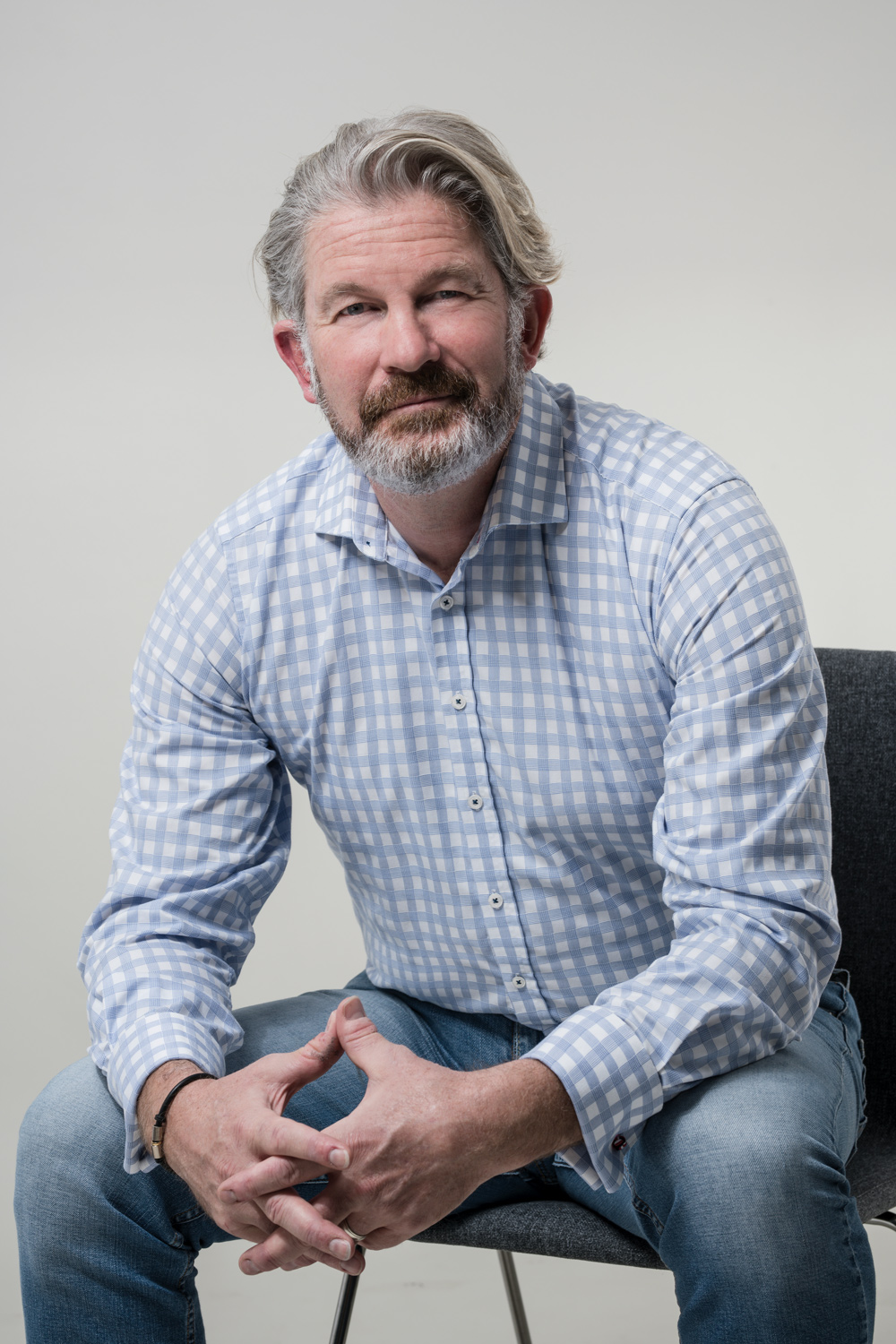Bruce Powell was an anaesthetist and head of DonateLife WA when a cycling accident in September 2018 ended his clinical career in an instant. But life is not over.
It seems rather narcissistic to tell people that you are ‘lucky’. It often seems that you’re just being coy or encouraging some compliment in return.

Of course, as doctors we are all lucky. Generally, pretty smart, widely respected and usually affluent, we’re the random combination of genomes and the socio-political geography we inherited.
If we are not careful, we take those circumstances for granted.
Rather than exploit our community standing to foster confidence and unity, we explore the influence and favour that our privileged position enables. The medical profession becomes a rich vein of negative soundbites and pessimistic anecdotes.
We complain and undermine as our first reaction, rather than acknowledge the good, and seek to lead any necessary adjustments to the bad.
Like walking on the glorious beaches of WA every morning with the doggie – sometimes it’s “rather windy” or “terribly hot”. It’s only when a visitor from another land strolls with us and remarks that “this place is heavenly” that we look up and experience our fortune and joy through their eyes.
It wasn’t long after my official, enforced ‘retirement’ that COVID began its advance and hospitals across the world came under siege. It seemed so unfair to be sidelined when the growing emergency demanded all hands on deck.
Perhaps there was an opportunity to rekindle my ICU career? I excitedly emailed my neuropsychiatrist and sought his thoughts for a late call-up.
“Are you having a laugh?” he replied.
Sadly, for me, there was to be no more wrestling with the politics of organ donation or post-op stridulous thyroids.
Eighty spare hours per week was a stretch to fill, confined largely to annoying people on MedTwitter with my Pommie sarcasm after POTUS blocked my account.
Meanwhile, medical and nursing colleagues across the world risked their own health to avert the looming pandemic catastrophe.
My wife once heard me tell someone in a bar, coincidentally not long after I was allowed to start drinking alcohol again, that I was the ‘lucky one’. Given that I couldn’t remember the three or four months after the crash, while she had sat by my bedside and held my hand through it all, I could see why she might be a tad irritated.
Perhaps ‘luck’ is the wrong word?
We all have to consider our challenges in the context of those around us. After all, I was the only one in my rehab clinic not in a wheelchair. Sure, I had lost most of who I had been, but, then again, I wasn’t in a PPE mask for 12 hours a day either.
As a state, we have avoided COVID because we are thousands of kilometres from anywhere. As a nation we have a small infectious problem, and a vaccine is on the way. We even have the luxury of waiting to see if the jab works and is safe before we start inoculating our own.
My point is that the only thing that is certain is uncertainty. The rest is random and haphazard. If the cards fall our way, we should be grateful. Not because it worked out perfectly for us, but it could have been worse.
ScoMo or POTUS, figure it out for yourself.
Hence, everything is possible, but some things are just more probable than others.
Will the vaccine help? Probably.
Will Fremantle win a premiership? Possibly.
What is certain is that we can choose to be flexible and open-minded to the challenges that arise.
There is no certainty anywhere in the universe. Chaos is at the very nature of particle physics, never mind border-closure policy.
Finally, our patients struggle with the assertion that we cannot guarantee a positive result. As a profession, we can still play a leading role. We can assure them that by following the advice and the health rules, they maximise their chances of being ‘lucky’.
The very fact that we get to write rules, make policy, rather than react to the latest outbreak and fill our morgues with bodies, is like winning the lottery.

